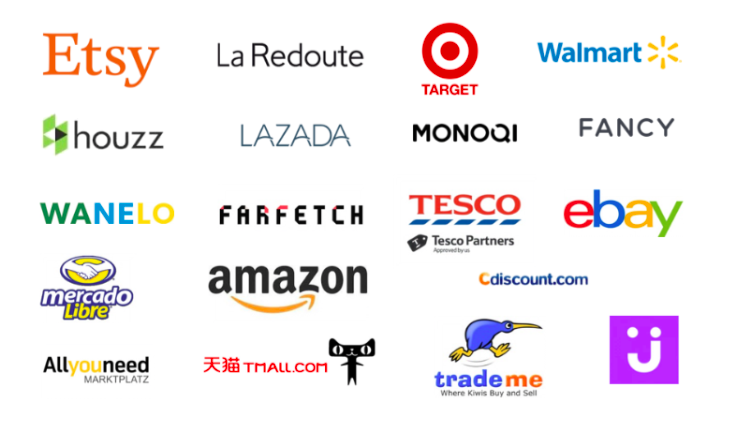When the European Commission first proposed ground-breaking electronic commerce legislation in 2016 to extend the use of the one-stop-shop for processing VAT sales to online merchants, it did require online intermediary platforms such as Amazon and Ebay to collect VAT on behalf of its merchants.
That move was inserted into the legislation during the negotiations without any consultation. Some called it an ambush. Others insisted it was a common sense move that would help reduce fraud and reduce the level the playing field between EU-based online merchants and those based outside the EU.
Despite the lack of an economic impact assessmenton the change to the legislation, it was approved in December of 2017. Reconciled to the change the electronic commerce industry has pushed to ensure that the implementing regulations are written in a way that does not lead to multiple formats among the 28 EU member states.
The European Commission published the new implementing regulations on Dec. 11. They will require Amazon and Ebay and others to collect VAT from foreign e-commerce markets, including those in the United States, selling goods into the European Union even if the transaction takes place via warehouses based in the EU.
”Today’s proposed measures will make it easier for [EU] member states to recoup lost VAT revenues,” said European Taxation Commissioner Pierre Moscovici. He added that the new system will be a boon for most online businesses “but for this to happen it is important that online marketplaces play their part.”
Specifically, the new rules clarify situations in which online platforms are considered to have facilitated a sale between users and details the records they must keep on sales made via their interface.
“Since online marketplaces will be liable for the missing VAT, authorities will be sure that they can claim the tax due when sellers from outside the EU have not complied with their rules,” the European Commission said in a Dec. 11 statement.
One of the most crucial aspects of the new implementing regulations apply to “fulfilment houses”which are large warehouses where online merchants ship goods to the EU and store them in order to be able to promptly fill orders when received by EU consumers. How VAT collection responsibilities apply to goods shipped for online sales via the warehouses to EU consumers has been agrey areasince the EU adopted the new rules in 2017.
“The new rules will ensure that goods sold from storage facilities within the EU will have the correct amount of VAT charged even if the goods are technically being sold to consumers by non-EU businesses,” the European Commission said in a Dec. 11 statement. “Currently it can be difficult for member states to obtain the VAT due on goods sold from the so-called “fulfilment centers.”
Another key qualification in the implementing rules states that intermediary online platforms that do not handle payments but only refer customers to other intermediates are not responsible for VAT.
Although there was initial opposition to forcing online intermediary platforms to be responsible for collecting VAT, Walter Trezek, an official with Ecommerce Europe and who has led the industry efforts to streamline the new implementing regulations welcomed them. He said they “ensure that EU-based online sellershave an even playing fields with competitors outside the EU including in the U.S. And China. We have worked closely with the European Commission to ensure this.”
He added that the new rules also ensure that there are “standardized and simplified procedures. This is crucial because there was a risk of having different specifications for every member state.”
The legislation also tries to resolve a pending legal issue related to how to the definition of distance selling. In order to avoid having to register in other EU member states online merchants have provided a link to delivery services such as DHL. The issue is subject to legal dispute and a case in pending in the European Court of Justice.
The new implementing regulations proposed by the European Commission states that if an online merchant “promotes by any means” the delivery services, this qualifies as distance selling.

